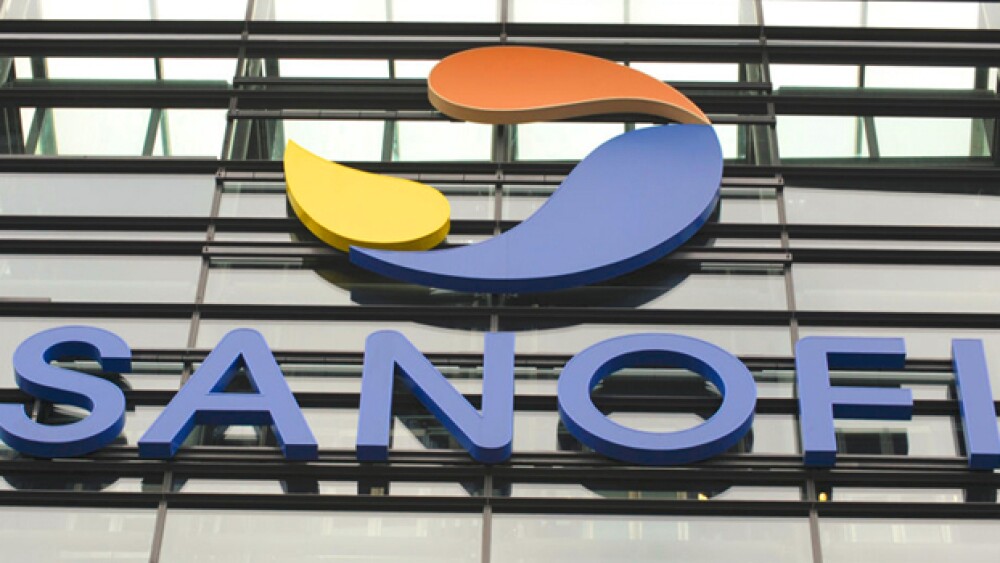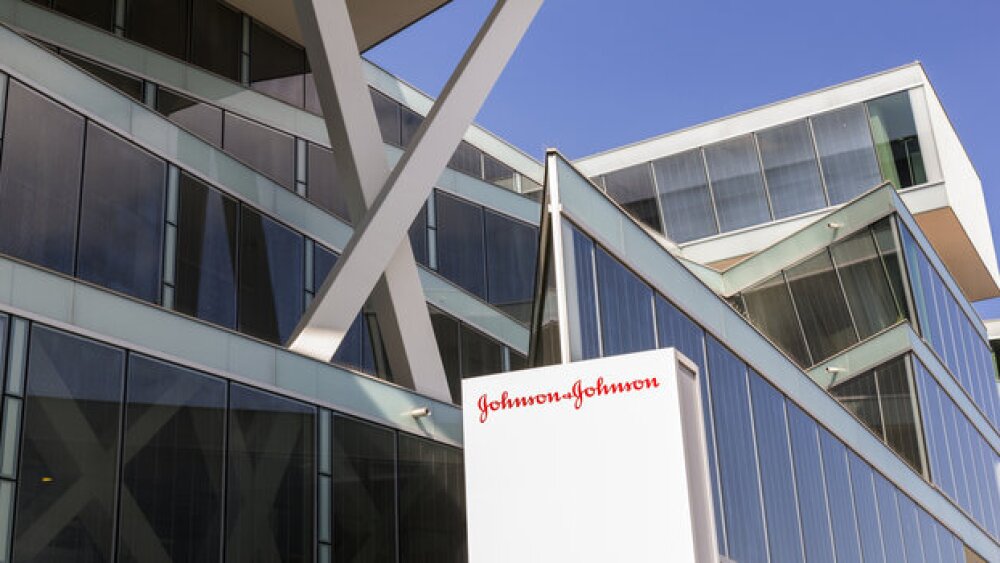The deal has Sanofi paying $105 per share in cash.
Paris, France-based Sanofi has acquired Waltham, Massachusetts-based Bioverativ for about $11.6 billion. The third time is the charm apparently, having lost out on bids for Medivation to Pfizer and to Johnson & Johnson for Actelion.
In January 2017, Bioverativ spun off from Cambridge, Mass.-based Biogen’s hemophilia unit. Bioverative has two drugs, Eloctate for Hemophilia A and Alprolix for Hemophilia B. In 2016, the two drugs created about $850 million in sales.
The deal has Sanofi paying $105 per share in cash. This represents about a 64 percent premium over Friday’s closing price of $64.11.
John Carroll, writing for Endpoints News, notes, “The deal gives Sanofi a big stake in the fast-changing hemophilia market, where Roche just scored with a new OK for Hemlibra—which clearly threatens Bioverativ’s business—and a group of developers like BioMarin and Spark/Pfizer are looking to disrupt the business with new gene therapies now in late-stage development.”
On Jan. 7, 2018, Sanofi and Alnylam Pharmaceuticals announced they had restructured their RNAi therapeutics collaboration to “streamline and optimize development and commercialization of certain products for the treatment of rare genetic diseases.” Alnylam will keep its global development and commercialization rights to investigational RNAi programs to treat ATTR amyloidosis, including patisiran and ALN-TTRsc02. Sanofi will receive royalties based on net sales of any of the ATTR amyloidosis products. Sanofi, meanwhile, will take global development and commercialization rights to fitusiran, an RNAi therapeutic in development for hemophilia A and B. Global commercialization of fitusiran, if approved, which is expected this year, will be handled by Sanofi Genzyme. Alnylam will receive royalties on net sales of any fitusiran products.
The combination of the Bioverativ acquisition and the emphasis on hemophilia products with Alnylam indicates Sanofi plans to push harder into the hemophilia space. In a statement, Sanofi’s chief executive officer, Olivier Brandicourt, said, “With Bioverativ, a leader in the growing hemophilia market, Sanofi enhances its presence in specialty care and leadership in rare diseases, in line with its 2020 Roadmap, and creates a platform for growth in other rare blood disorders.”
Sanofi indicates that hemophilia is the largest market for rare diseases. It is approximately $10 billion in annual sales with 181,000 affected individuals globally. The market is projected to grow more than 7 percent each year through 2022.
In addition to its two marketed products, Bioverativ has a strong pipeline that includes a Phase III trial for cold agglutinin disease, and early stage programs and collaborations in hemophilia, sickle cell disease and beta thalassemia.
Sanofi pushing into rare diseases, particularly hemophilia, as part of a way of dealing with the threats to its diabetes franchise makes sense. But it’s not without its risks.
Seamus Fernandez, an analyst with Leerink, wrote in a note to investors, “Sanofi is bolting on the Bioverative hemophilia business to its rare disease portfolio for $11.6 billion, a strategically sound move, in our opinion, that will bring near-term accretion to the business and where Sanofi’s recently restructured with Alnylam provides a medium-term pipeline opportunity within the Factor VIII business with fitusiran. The biggest challenge for Sanofi management will be convincing investors that—much like Shire’s acquisition of Baxalta—the current hemophilia market will not be disrupted by new technologies (Gene Therapy) and product launches (Roche’s ACE910). At minimum, after a number of speculated unsuccessful bids, including Medivation and Actelion, Sanofi investors now have a deal to digest that is immediately accretive to 2018 earnings and estimated to be ‘up to 5 percent accretive’ in 2019. Whether or not this level of accretion is achievable remains to be seen, but on balance, the price tag is not completely outside of that paid for other biotechnology franchises.”





